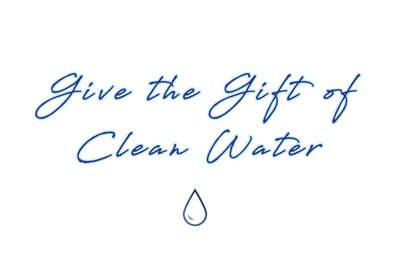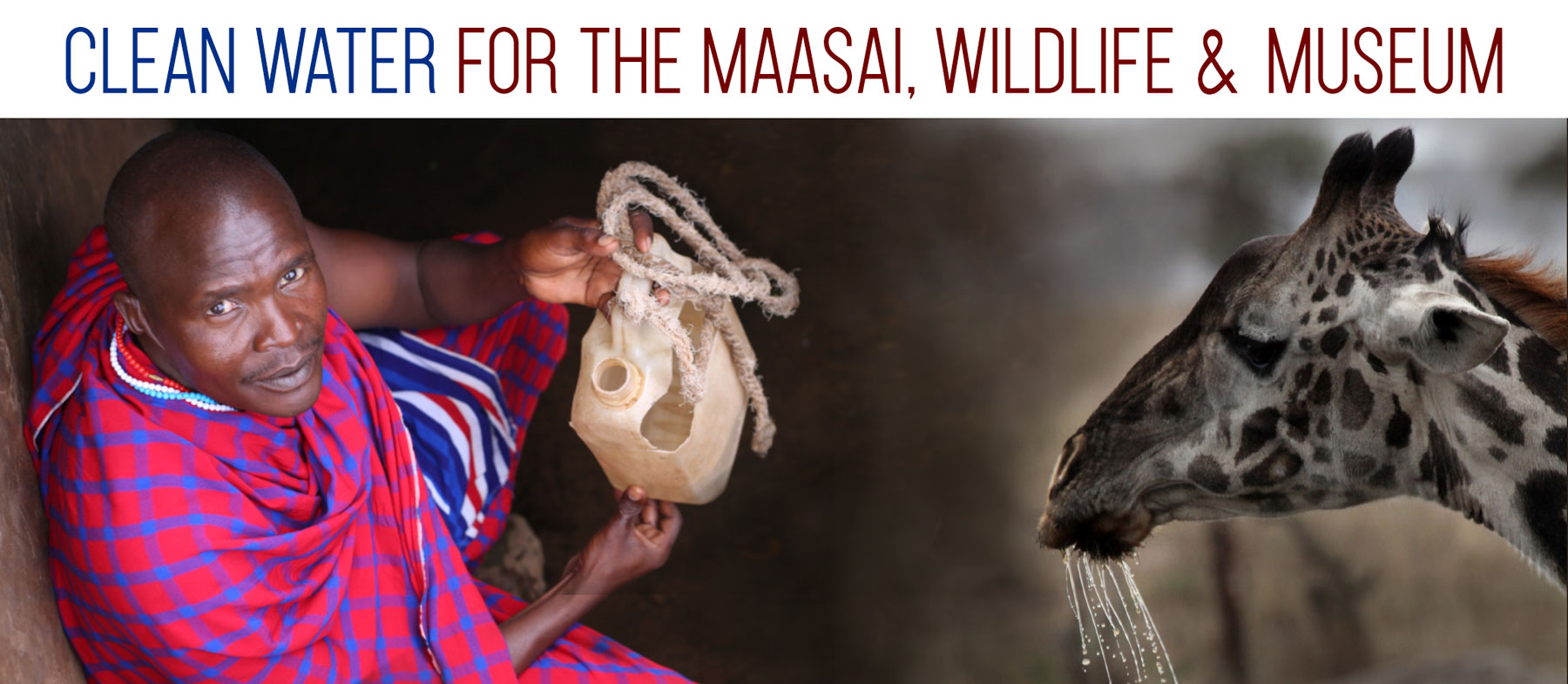
Save Lives & Safeguard Maasai Culture
MCV recently opened the Maasai Heritage Museum in the elephant migration corridor on the outskirts of Amboseli National Park in Kenya. The Museum is an important center for serving the Maasai people. Surrounding the museum is an elementary school, health clinic and 9 traditional Maasai villages. Sadly, there is not one drop of clean water within a 7-mile radius of the museum.
MCV has been committed to providing sustainable clean water for the survival of Maasai communities for the past 10 years. We have successfully provided clean water to over 15,000 people. Now we need your support to once again provide clean water to the Maasai communities and wildlife surrounding the Maasai Museum. Together we can continue to safeguard Maasai culture and save lives!
Water Crisis
The Maasai people and wildlife living around the museum all require one thing to survive: Clean Water!
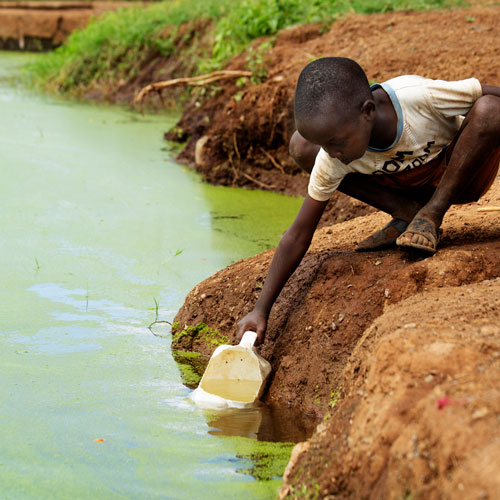
Water scarcity and prolonged droughts are an acute problem plaguing the area surrounding the Maasai Heritage Museum leading to dried up water sources and complex challenges including preventable deaths for wildlife and people.
There is no clean water source within a 7-mile radius of the Museum. Currently, the only water source is a dirty spring shared by humans, livestock and wildlife. This spring is highly contaminated resulting in water-borne diseases such as amoeboid, parasitic related diarrhea and typhoid. A health clinic, elementary school and 9 Maasai villages in our area are in desperate need of safe drinking water.
As a temporary solution, MCV is currently pumping the dirty spring water to the museum and storing water in 2 large tanks and distributing it until we raise enough funds to drill a well that will provide sustainable clean water to meet all the needs of the community. We are filtering the diseased water for human consumption however even the filtered water is not 100% clean and we are not able to provide enough water to meet the needs of the community or wildlife.
How Will the Museum Clean Water Project Improve Lives?
Museum
The Maasai Heritage Museum is a community center serving the local community with hundreds of Maasai including children, mothers and elders utilizing the center. MCV is committed to providing the best service for the 843 family members who donated 20 acres of land to build this Museum to safeguard Maasai heritage and provide cultural programs for the community and tourists. The Museum provides cultural entertainment and art exhibitions for tourists in the area, it is also a gathering place and ceremonial site for all Maasai people. The Museum plays an essential role in safeguarding Maasai culture in an ever changing world. We are currently planning to build a medicinal garden, café, and lodging facilities for guests. Having enough clean water at the museum is essential to meet the needs of the local community and visitors.
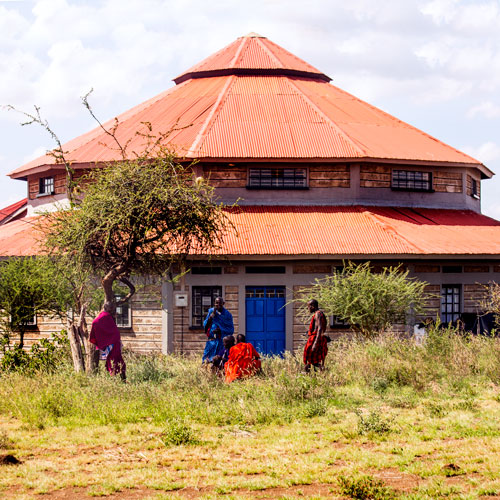
Elementary School
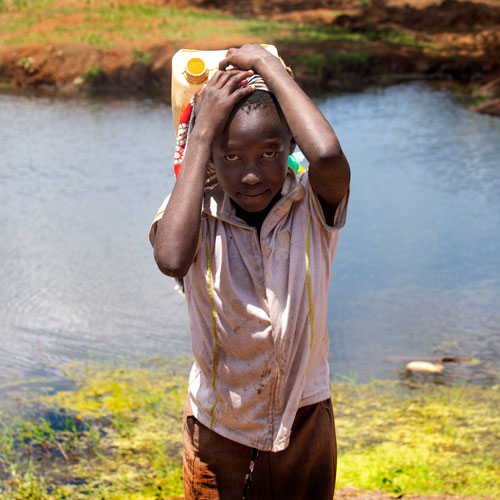
300 students (1st – 8th grade) attend the elementary school that is just approximately 350 feet away from our museum. Every week these students come to the museum for extracurricular classes as part of their school curriculum. The school has a greenhouse where they grow vegetables that the students eat for lunch. Currently, there is no safe drinking water at the school; they are using the contaminated water from the nearby spring.
With your support, we will provide clean water to the school through a water distribution system from the borewell. This clean water program will improve children’s health, decrease the number of absences due to illnesses and improve students’ academic performance.
No child should have to drink dirty water!
Local Health Clinic
Just 300 feet away from the museum, there is a local health clinic that provides medical care to the Maasai population in our area. It’s impossible to properly operate a health clinic without access to clean water. With your support, we will provide clean water to the health clinic and improve the overall health of the Maasai people in our area.
How can a health clinic treat a population suffering from water-borne diseases and not even be able to offer them a glass of clean drinking water to take their medication?
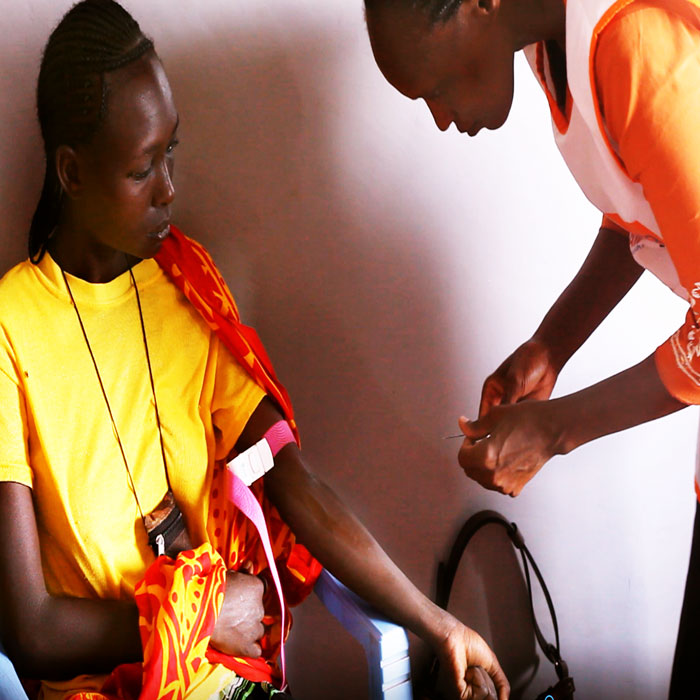
9 Maasai Traditional Villages (Bomas)
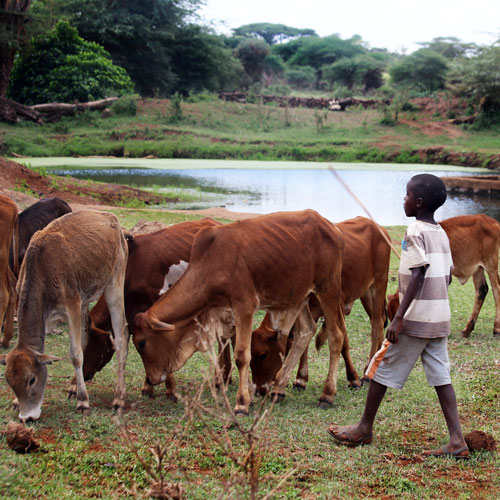
Surrounding the Museum are 9 traditional Maasai villages that have no access to safe water. These families are pastoralists keeping large herds of cattle and goats; they depend on livestock for survival as a primary source of nutrition and income. The dirty spring water used for human consumption is shared by livestock and wildlife resulting in water-borne diseases such as amoeboid, parasitic related diarrhea and typhoid.
Collecting water is a female’s role, the Maasai women and girls are walking miles to collect water from the spring for their families. Many women are suffering from severe spinal pain and headaches from carrying water long distances, MCV is committed to alleviating girls from this arduous burden and providing women with economic opportunities. Once we provide a readily available clean water source women can spend more time on entrepreneurial activities rather than walking long distances for water, giving them time to engage in beadwork, sewing, gardening and other activities which can lead to economic empowerment eliminating the cycle of poverty and gender inequality.
Once the Maasai community has access to clean water the overall quality of life will improve substantially. Water gives families the ability to wash their hands, utensils, dirty clothes and bathe more often. Clean water literally changes everything!
Wildlife
The Maasai Heritage Museum is located in the elephant migration corridor where the wildlife is thriving with free-ranging elephants, giraffes, lions, wildebeests, zebras, antelope, and over 600 species of birds. Wildlife also needs drinking water to survive. Since water is scarce, the Maasai people compete with wildlife for water resources. A thirsty elephant can drink up to 50 gallons of water in one sitting, while the Maasai need water for their family’s survival which leads to conflict between villagers and wildlife.
Since 2009 hundreds of elephants have died due to the droughts in Kenya. Currently, during the droughts, elephants are breaking through the museum fence to search for water on the museum grounds. Last month we rebuilt the concrete barrier walls and now we urgently need to construct a dam for wildlife including water troughs to prevent the elephants from vandalizing the museum property as they search for water.
We have selected a location for the wildlife drinking station that is a visible viewpoint on our property that can even become one of the attractions of the museum for tourists to watch the wildlife in their natural habitat. We have already seen giraffes, baboons, monkeys, gazelle and elephant footprints there and we are eager to implement a solution for the wildlife to receive ample water throughout the year.
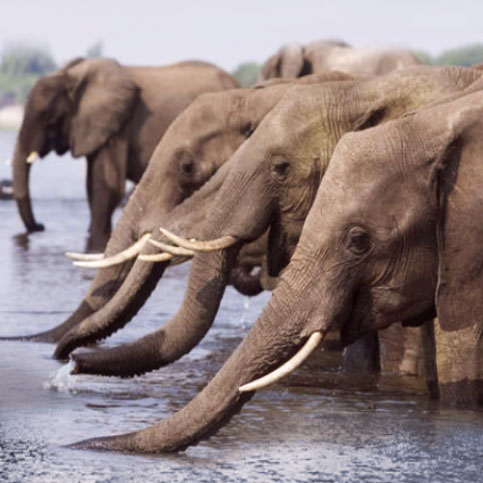
Our Solution
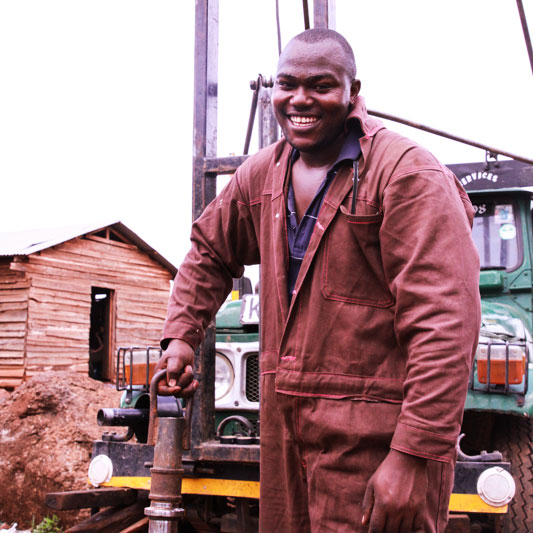
We need your help to provide a sustainable clean water project by drilling a borewell at the Museum and installing a water distribution system for human and wildlife consumption. Thankfully the museum has adequate clean water 500 feet underground – we simply need to drill a well and install a distribution system to serve the museum, community, health clinic, elementary school and wildlife.
With your help, MCV will drill a well and install a clean water distribution system that will save lives and lasts for generations.
Budget
Will You Help Save Lives?
The completion of this project will greatly benefit the overall quality of life in the area by providing ample clean water to the health clinic, elementary school, health clinic, communirty, wildlife and the musuem.
We thank you in advance for once again stepping up to help the Maasai community and saving lives.
